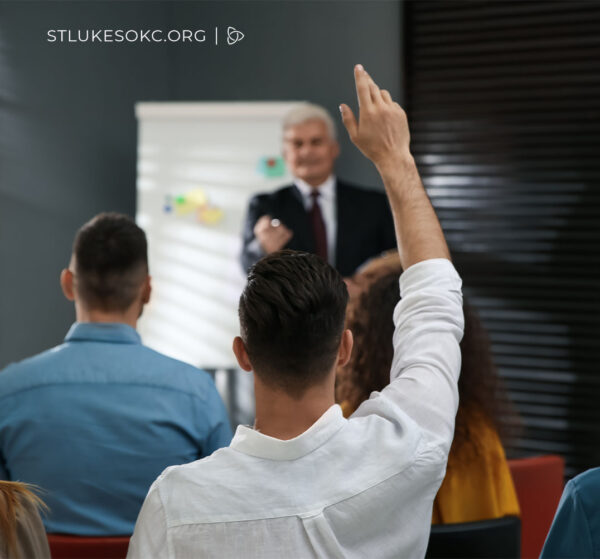“For as in one body we have many members, and all the members do not have the same function,” – Romans 12:4
College is a challenging time. You experience new things. You are introduced to new ways of facing the world. One of the more interesting aspects of college is that you encounter ways of thinking that often challenge your established understandings.
When I was in college, my minor was in political philosophy. I enjoyed reading Machiavelli, Hobbs, Nietzsche, and the early American political thinkers. These great philosophers of the past have helped to shape how we govern ourselves, both here in the United States, and around the world. Each time I opened one of these great books of political thought, I wrestled with the collision of what I knew and what I was learning.
My first college class on politics was with Dr. Phillip Simpson. On one of our first days of class, Dr. Simpson asked if anyone in our class identified with a particular political party. Not really hesitating, I raised my hand. I quickly realized I was the only one in the class with my hand raised. I doubt I was the only one who thought that way, but I was the only one crazy enough to raise my hand. Dr. Simpson looked at me with a bit of surprise on his face. He said, “Let’s see if you really believe this.” He began to quiz me, right in front of my classmates. Towards the end of the quiz, I realized that Dr. Simpson and I had different political beliefs. I was nervous how I would be treated, now that my beliefs were public.
Dr. Simpson created an environment in his class where we could disagree, without fear of our beliefs counting against us. We had to work hard and pass our tests, but we could explore our own political thought in a class that embraced difference, so that our own philosophy was strengthened by the thoughts of others around us.
We rarely learn from those who think just like we do. It is in diversity of thought that we learn a new way to approach a problem, or we strengthen our own thought. I am so thankful for people like Dr. Simpson who help to create an environment where learning and growing are possible because they embrace differences in thought.
How do you approach people who think differently than you? Do you listen? Do you immediately tune them out? At St. Luke’s we are committed to growing in our faith. It requires difference in philosophy, difference in theology. This is how we grow. This is how we develop a deeper faith, a stronger faith, a faith that embraces our differences just as much as our similarities.
– Rev. Keith King, Pastor of Worship



